

Vaka Tautua's Ana Lolohea says Pacific values can protect children and support families.
Photo/Vaka Tautua
Pacific families urged to speak up: Protecting children from abuse amid challenges
As World Day for the Prevention of Violence and Abuse against Children highlights the pressures on Pacific families, experts call for whānau to address the threat of abuse at home.




A.R.T sets new Pacific music pace with ‘First Thursday’ releases
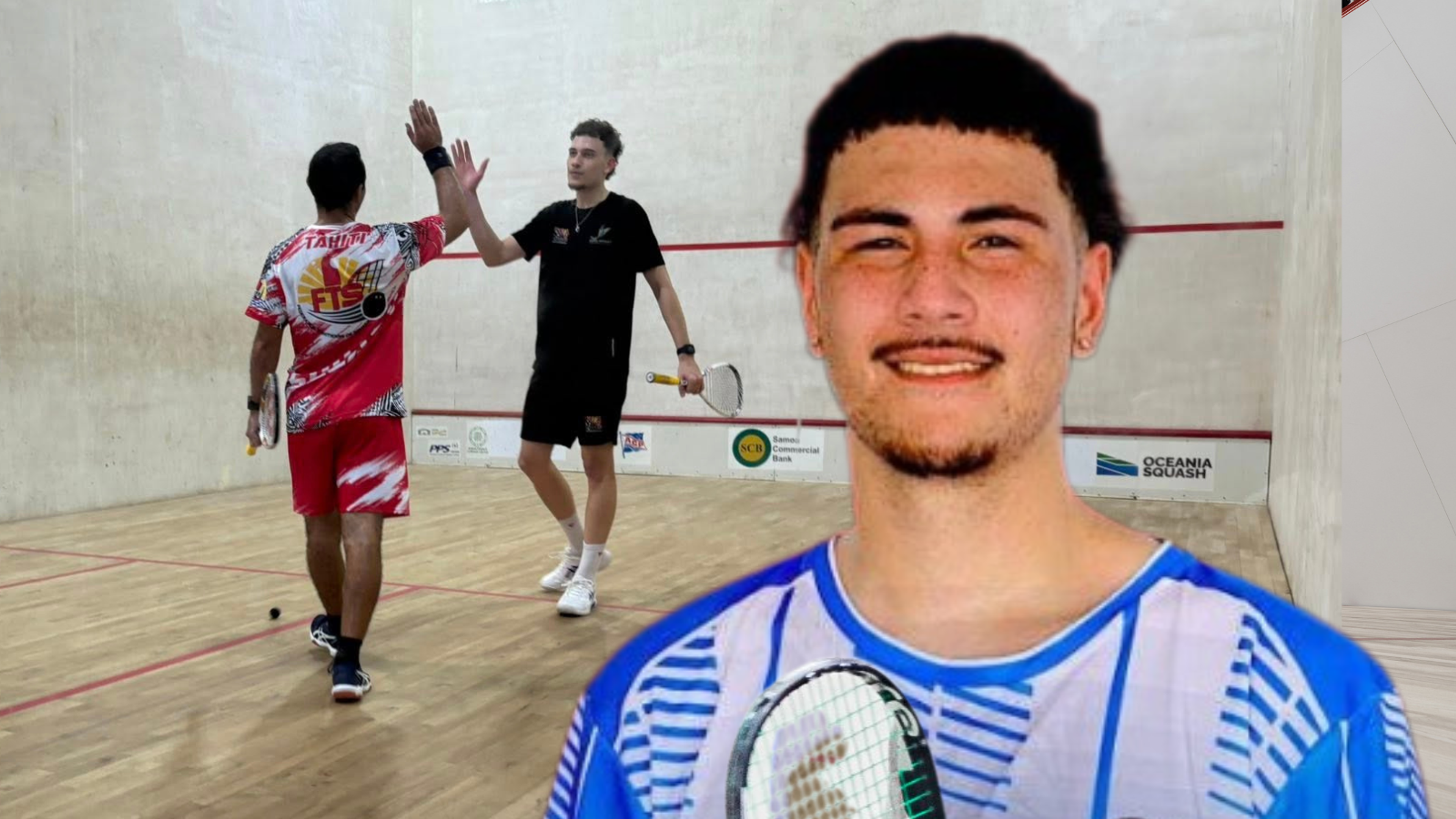


Moana Pasifika end Lautoka curse to win 'Battle of the Pacific'


A.R.T sets new Pacific music pace with ‘First Thursday’ releases

Warning: The following article discusses abuse.
Pacific children in New Zealand are twice as likely as Pākehā children to be hit at home, and many families stay silent because of shame and cultural pressure.
Experts say the silence can put children at serious risk, and they are urging families to speak up and seek support.
This comes as World Day for the Prevention of Violence and Abuse against Children was marked on Wednesday.
Frontline workers say stress, cultural expectations, and fear of judgement can stop Pacific families from reaching out for help, even when children are in danger.
According to Te Aorerekura - national strategy to eliminate family and sexual violence, Pacific children have higher hospitalisation rates due to “assault, neglect and maltreatment”.
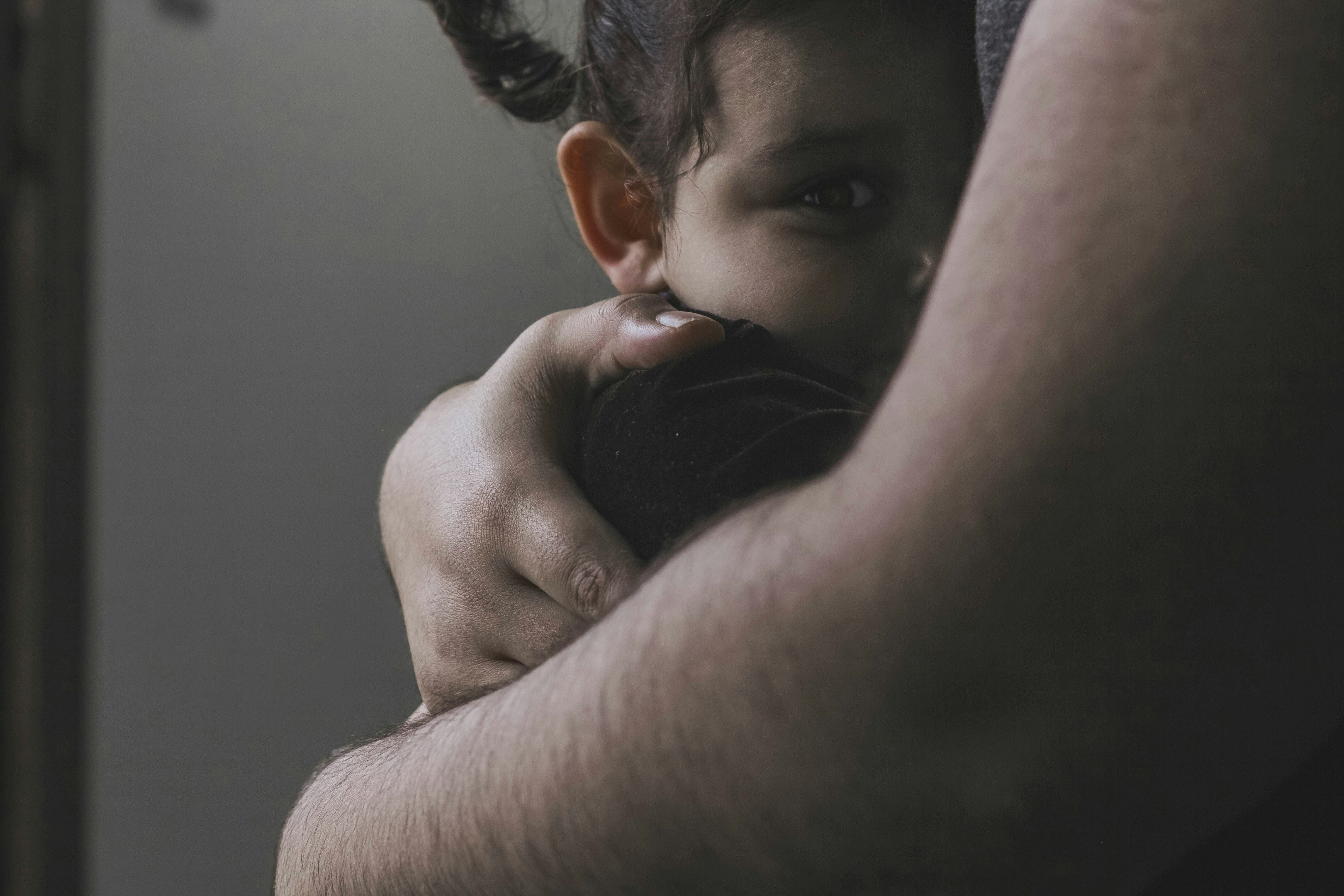
Photo/Unsplash/Ricky Turner
Pasifika youth are also more likely to witness adults hitting children at home, and one in five (22 per cent) students report sexual abuse or coercion, compared with 12 per cent of New Zealand European students.
Vaka Tautua is a Pacific-led, nationwide social services provider that works to keep children safe. Its programmes include parenting courses that promote positive caregiving, family violence support to minimise harm, long-term family resilience initiatives, and practical wraparound services like advocacy, family meetings, and financial and disability support.
Ana Lolohea, head of the Aiga Fiafia social services team at Vaka Tautua, says some households still use outdated parenting practices.
Watch Ana Lolohea's full interview below.
In an interview with William Terite on Pacific Mornings, Lolohea says, “It's still happening within our Pacific communities, where children are being smacked and yelled at."
Lolohea says we need to reduce the shame around asking for help. Families struggling with difficult relationships should not be afraid to seek support from Pacific-led services and social workers.
“We've got families and our parents who've migrated from overseas, so there's a lot of parenting style differences in how we raise our children, there's the cultural versus the NZ law.
“If a child is in danger, please call emergency services. If a child comes to you, stay calm, believe them, tell them it is not their fault and reach out to someone you trust, whether that is a pastor, a trusted family member, someone at school or a social worker.”
In a 2022 report by Te Aorerekura, participants expressed a need for Pacific-led services.
“Enabling parents to be the best parents they can be by providing culturally-appropriate parent education about healthy relationships and healthy sexuality, which has been a traditionally sacred or tapu conversation,” the report states, noting economic pressures.
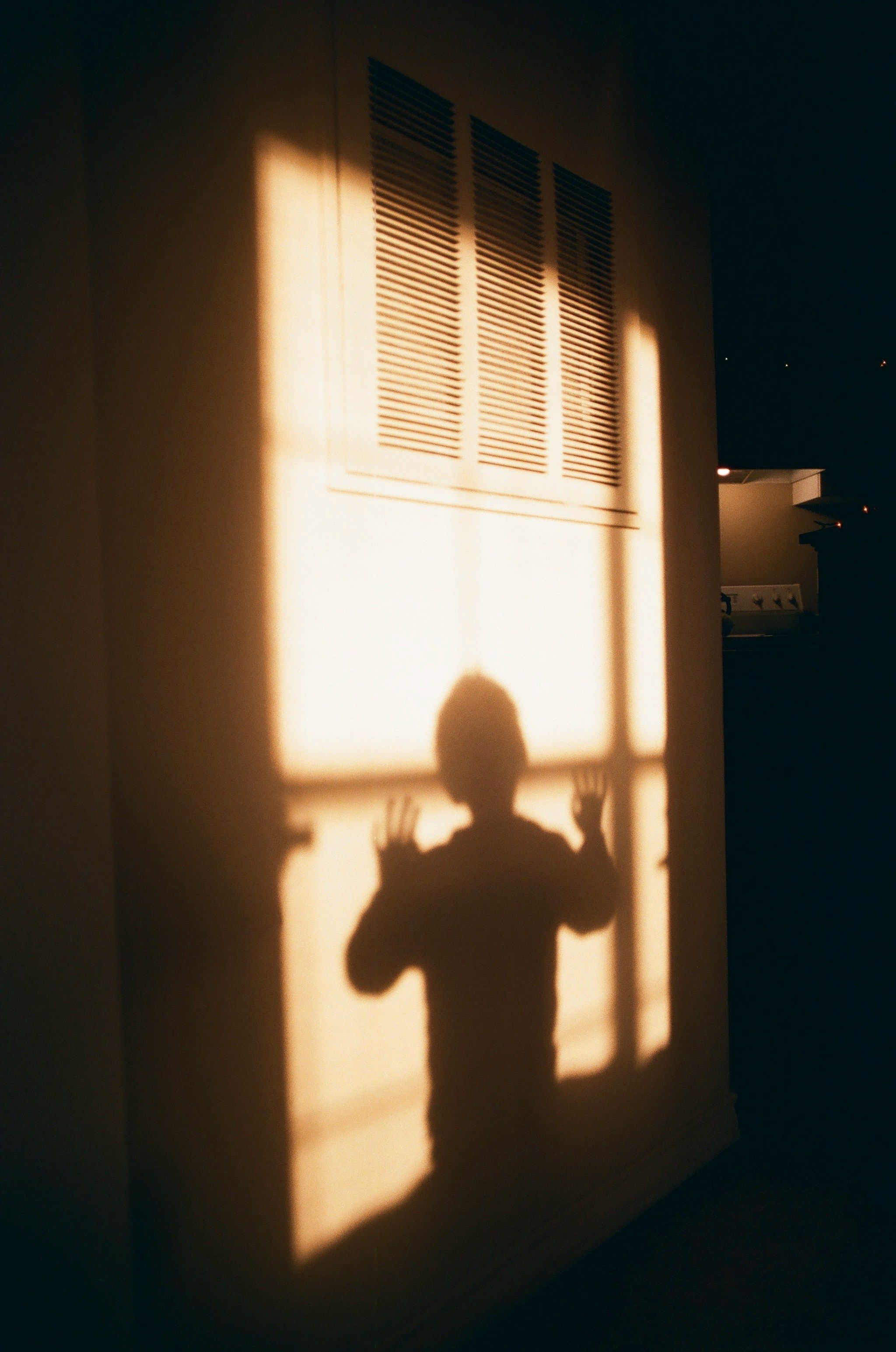
Photo/Unsplash/Chad Stembridge
“Pacific peoples currently have the lowest median income of all people in Aotearoa New Zealand, which is often balanced with the cultural value of generosity, giving and community service.
“These cultural values, within the constraints of poverty, can compound stress and challenge the ability of adults to provide healthy environments and relational practices for their children and families.”
Lolohea does not excuse abuse, but believes it is important to understand the extra pressures on families.
“Some contributing factors could be shame and fear or pressure to keep things private,” she says. “There are money or housing stresses. A lot of our families are living in homes that are overcrowded, you have high living costs and changes in circumstances.”
Building on Pacific strengths
At the Pacific Child Wellbeing Summit in March in Fiji, the United Nations warned that rates of violence and abuse against Pacific children are among the highest in the world. One in three women in the Pacific experiences sexual violence before the age of 18.
Lolohea says the focus must remain on raising awareness about what safety looks like and reinforcing Pacific strengths in building resilience and educating families.
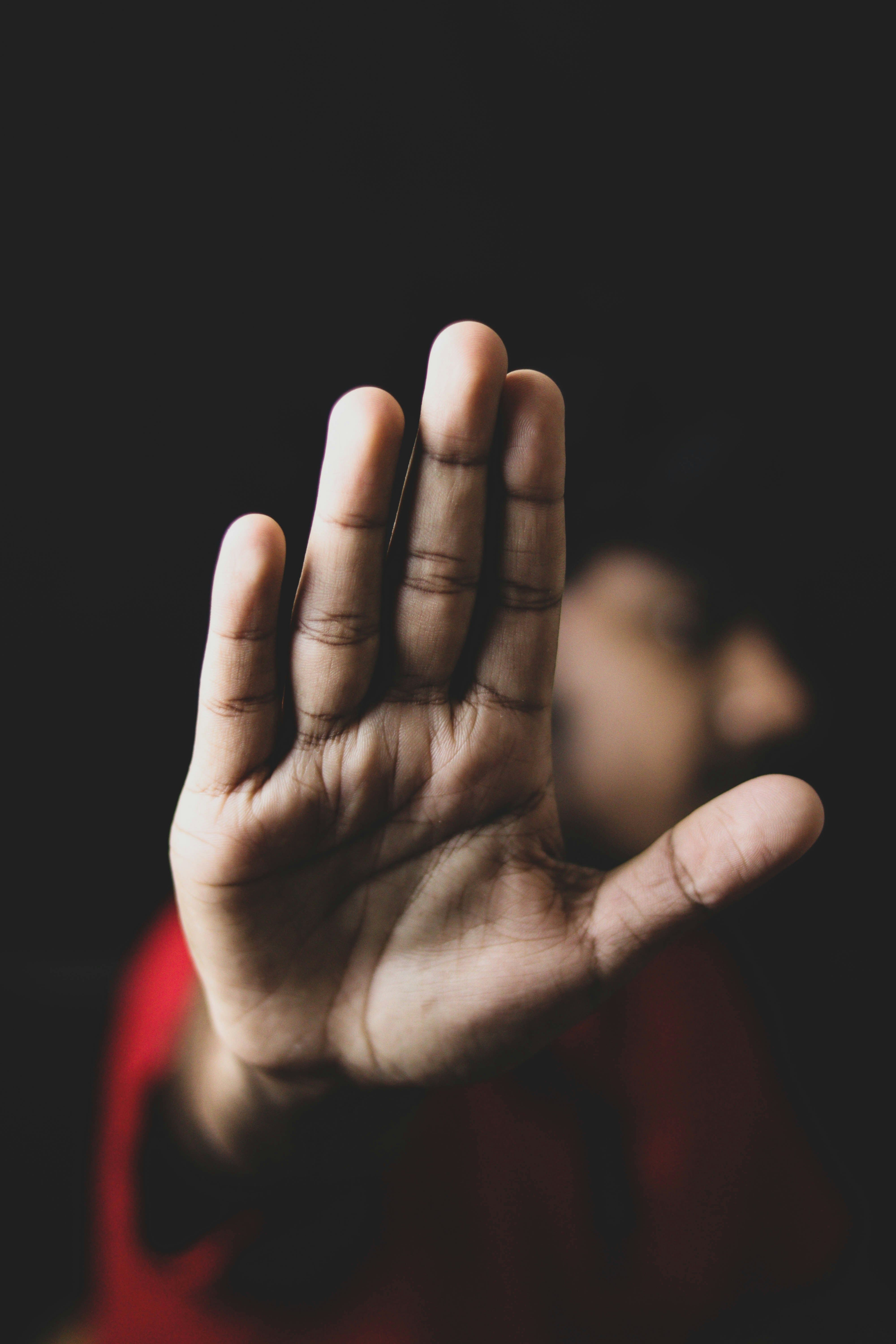
Photo/Unsplash
“We're reminded of our upbringing in terms of our Pacific cultural values, the respect, the love, the nurture, the service, the spirituality,” she says.
“We need to add on to the strength of what group problem solving looks like, and that could be in family settings, family meetings, talanoa, all of this can be addressed through there.”
Lolohea says ensuring children’s safety must start in every home.
“Every child deserves love, protection and a safe place to grow,” she says. “We stand with our Pacific families to strengthen parenting and build safer relationships.”
How to get help
If you're in danger now:
Call the police on 111 or ask neighbours or friends to call for you.
Run outside to find other people and scream for help so your neighbours can hear you.
Take the children with you. Don't stop to grab anything else.
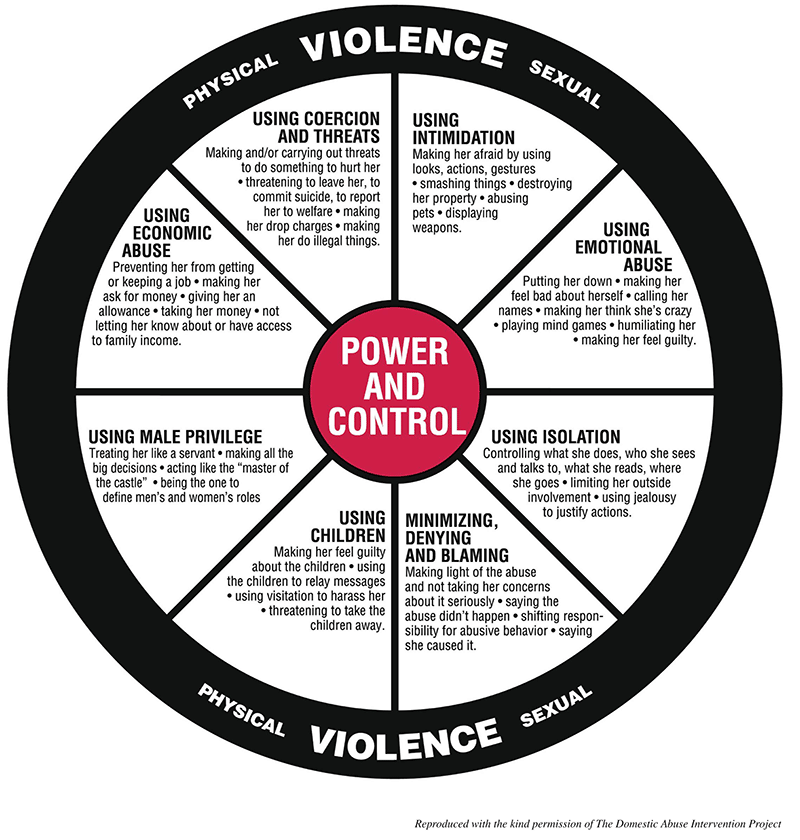
Descriptions and examples of abuse. Image/The Domestic Abuse Intervention Project
If you are being abused, remember it's not your fault. Violence is never acceptable.
Where to go for help or more information:
Women's Refuge: Crisis line - 0800 REFUGE or 0800 733 843 (available 24/7)
How to hide your visit:
If you are reading this information and you're worried that someone using the same computer will find out what you've been looking at, you can follow the steps here to hide your visit. Each of the websites above also has a section that outlines this process.